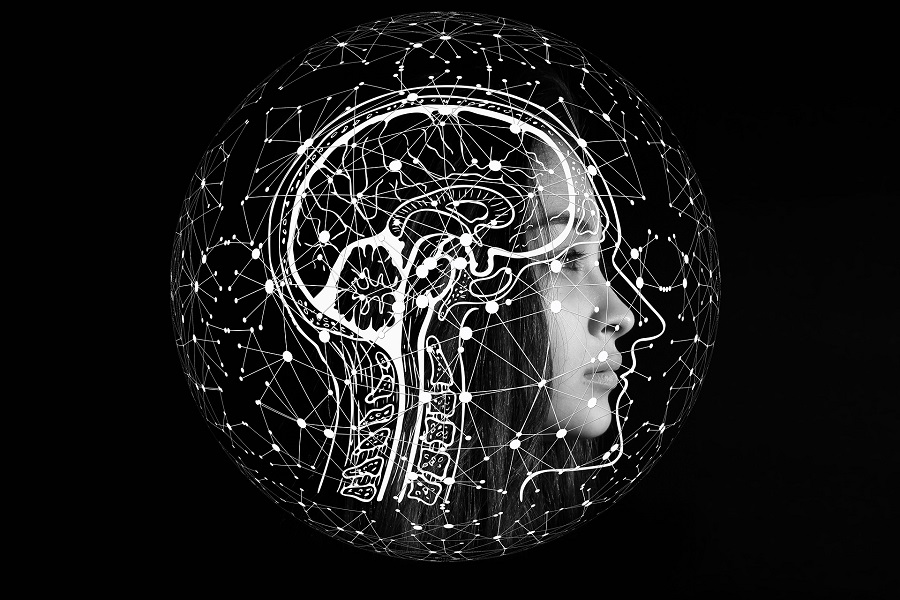The links between glucose and Dementia
I’m in my sixties now and despite having spent meany years building an athletic body, I am completely aware that I am as susceptible to age-related disorders, to the next person. In this article, I would like to draw your attention to the links between glucose (sugar) and neurological disorders – specifically Dementia and Alzheimer’s.
If you read no further than this, consider reducing your intake of sugar drastically – and when I say sugar, not only am I talking about adding sugar to cereal, coffee and tea, I am also referring to cutting back on starchy carbs – such as white rice, pasta, bread, potatoes and noodles. These poor quality carbs are converted to sugar by the body and should be reduced or avoided at all costs. Also, I would highly recommend that you look into Intermittent Fasting, as this is the key to providing a more efficient fuel to your brain (more about this below), as well as helping damaged cell self-repair.
What's so bad about sugar?
I’m no expert with regard to Alzheimer’s and Dementia, but the science is now pointing at the damage that glucose causes ALL cells in the body – for this article, I’m referring to brain cells. Keeping things very simple, consuming too much sugar (glucose) eventually causes damage to the cells (mitochondria). Now, I needed you to imagine a number of brain cells connected in a straight line – like a row of Christmas tree lights and imagine all of them lit up. Now imagine that the first light blows – this is an example of the brain cell (neuron) dying. The problem here is that when the glucose reaches the damaged brain cell, it cannot feed any of the other brain cells that are on the straight line. Simply put, once the glucose comes to a dead end at the damaged cell, it cannot feed the other cell and one by one, they die of. However, if we train our body (brain in this case) to exist on ketones instead of glucose, ketones CAN traverse damaged cells! So how do we increase ketones?
Creating a Ketogenic state
To generate ketones, we need to consume a low carb diet and replace those carbs with a high (healthy) fat diet and if this seems hard, consider that we produce ketones while we sleep. This is because we are not eating while we sleep! The other way we produce ketones is by NOT eating – that is Fasting. By simply delaying our first meal of the day, our fasting period (including sleep) increases. For me, I stopped having breakfast at 8:00 a.m. and pushed it back to 9:00 a.m. Eventually this became 10:00 a.m. 11:00 a.m. and fasting forward to today, I now avoid eating anything until 12:00 p.m. and this is when I will break my fast (break-fast!). This will allow my body to repair itself using a state of autophagy.
What is Autophagy?
When we practice Intermittent Fasting (or even prolonged water-fasting), our body enters starvation mode and it will begin to consume damaged cells, mutated cells and reproduce healthy cells. Without going into too much detail, autophagy is the body’s method of recycling damaged cells into healthy ones – and I must include pre-cancerous cells here.
Finally
Consuming a low carb (ketogenic) diet and keeping glucose low has been practiced by many epilepsy sufferers for decades and it has proven to improve other neurological conditiond – such as Dementia and Alzheimer’s!
Below I have linked to a really helpful video, in case you would like to look into this further.
Dr Berg discusses what causes Dementia and Alzheimer’s and how we can improve/avoid this dreadful disease.



